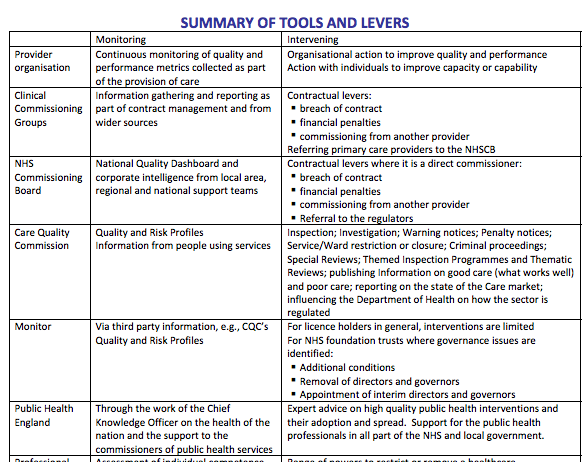My name is Alex Plough and for the past few months I’ve been working as the special projects editor of Help Me Investigate Health.
Regular readers will not recognise my name as I’ve been published little on the blog. But behind the scenes I have been picking apart the NHS reforms using Freedom of Information requests and collecting data for a comprehensive register of Clinical Commissioning Groups.
Unfortunately, due to a new job with a news agency I must now step down from this role.
I will be passing on my research to the fantastic group of up and coming investigative journalists behind CCGlatestnews. Continue reading
